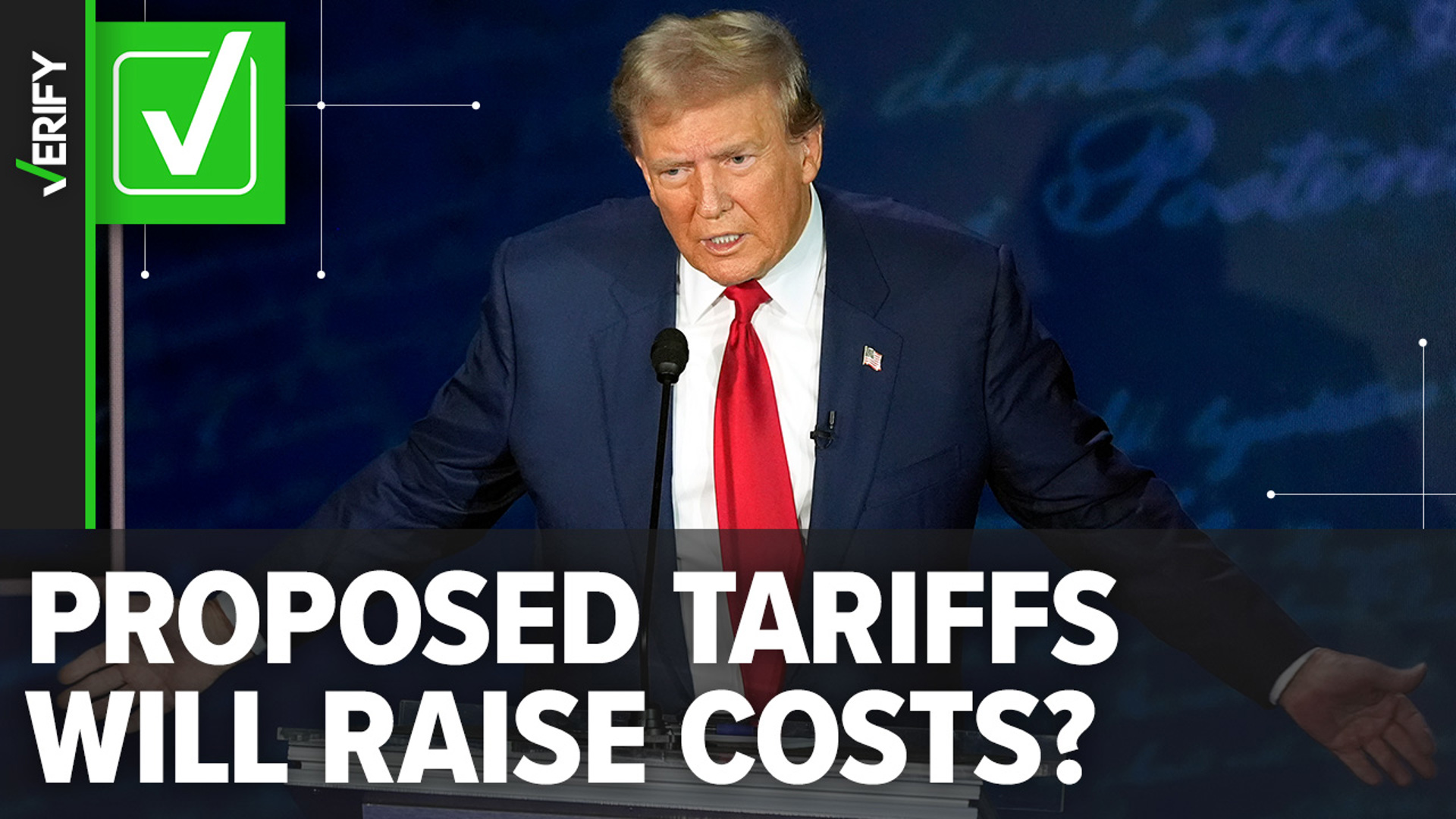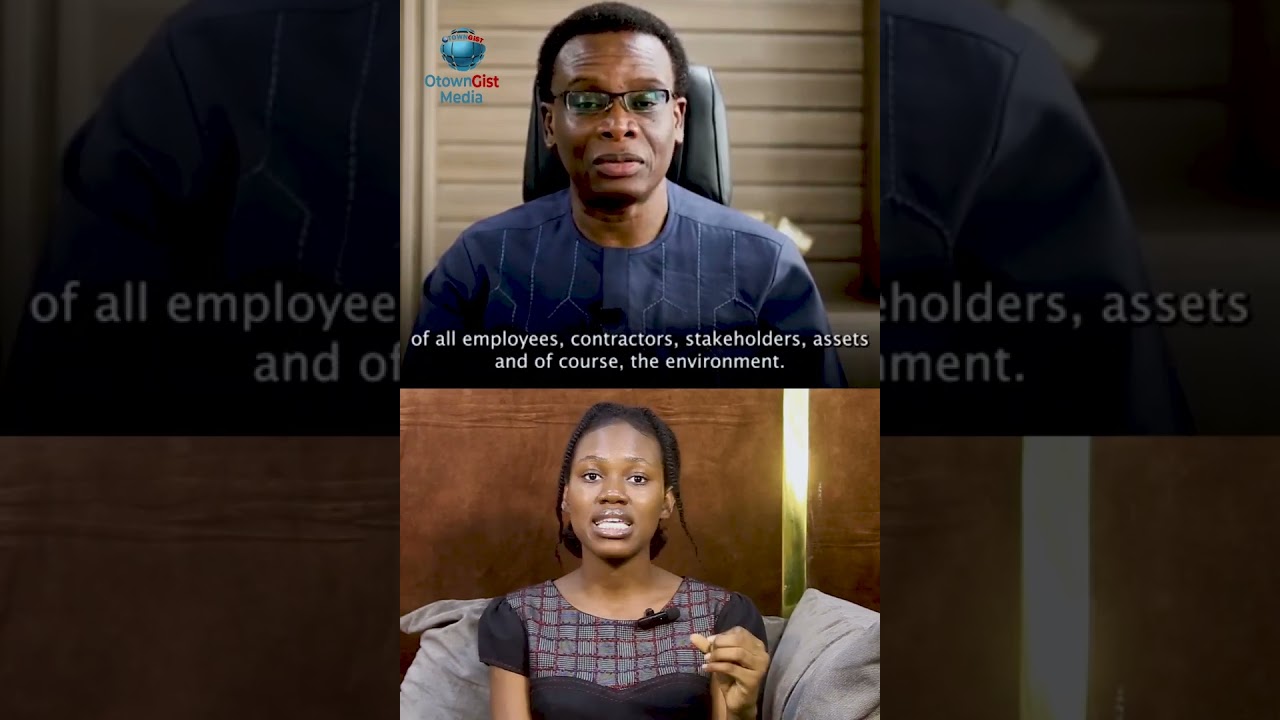Asylum Seeker Kilmar Abrego Garcia: A Symbol In The US Immigration Crisis

Table of Contents
Kilmar Abrego Garcia's Journey and Escape from Honduras
Kilmar Abrego Garcia, a young man from Honduras, was forced to flee his home country due to escalating gang violence and political instability. His story, while unique in its details, sadly reflects the experiences of thousands of other Central American refugees.
Detailing the Circumstances Forcing Him to Flee
- Escalating Gang Violence: Kilmar faced constant threats from powerful gangs operating with impunity in his community. These gangs demanded extortion payments, threatened his family, and controlled everyday life. His refusal to comply put him and his loved ones in immediate danger.
- Political Persecution: The Honduran government, struggling with corruption and limited resources, offered little protection against gang violence. Kilmar's attempts to report the threats to authorities were met with indifference and inaction, further solidifying his fear for his safety.
- Forced Migration: With no hope of finding safety within his own country, Kilmar embarked on the perilous journey to the US border, joining the flow of Central American migrants seeking asylum. The journey itself involved crossing dangerous terrain and facing the risks of exploitation and violence.
The evidence supporting his asylum claim includes witness statements, police reports (where available), and photographic evidence documenting the damage caused by gang violence in his community.
Navigating the US Asylum System: Challenges and Bureaucracy
The US asylum system, despite its intention to protect vulnerable individuals, is plagued by significant challenges and bureaucratic hurdles. Kilmar's experience tragically illustrates these systemic problems.
The Complexities of the US Asylum Application Process
- Lengthy Wait Times: Asylum seekers often face extensive delays in processing their applications, leaving them in legal limbo for years. This protracted process can create significant financial and emotional strain.
- Legal Hurdles: The asylum application process is legally complex, requiring meticulous documentation and adherence to strict procedural rules. Without access to legal representation, navigating this process becomes near impossible.
- Language Barriers: Many asylum seekers, like Kilmar, lack proficiency in English, making it difficult to understand legal documents, communicate with officials, and effectively present their case.
- Lack of Access to Legal Representation: The high cost of legal representation puts quality legal assistance out of reach for most asylum seekers, leaving them to navigate a complex legal system without adequate support.
- Financial Constraints: The waiting period often leaves asylum seekers unemployed and without access to financial assistance, pushing them into poverty and further compounding their hardships.
- Potential Deportation: Throughout the process, asylum seekers face the constant threat of deportation, adding to the stress and anxiety they already experience.
Kilmar Abrego Garcia's Case as a Microcosm of Broader Issues
Kilmar's case highlights several systemic failures within the US immigration system, illustrating the urgent need for comprehensive immigration reform.
Connecting Individual Experience to Larger Systemic Problems
- Backlog of Asylum Cases: The sheer volume of asylum applications overwhelms the system, causing extensive delays and creating a backlog that impacts all asylum seekers.
- Inadequate Resources for Processing Applications: A lack of funding and staffing in immigration courts and agencies further exacerbates the backlog and slow processing times.
- Inconsistent Application of Laws: The inconsistent application of US asylum laws leads to disparities in outcomes and raises concerns about fairness and due process.
- Human Rights Concerns in Detention Centers: The conditions in some detention centers raise significant human rights concerns, impacting the physical and mental well-being of asylum seekers.
- The Impact on Asylum Seekers' Mental Health: The stress, uncertainty, and prolonged waiting periods take a significant toll on the mental health of asylum seekers, often leading to anxiety, depression, and trauma.
Public Response and Advocacy Efforts
Kilmar Abrego Garcia's case has attracted attention from various advocacy groups and media outlets, highlighting the urgent need for immigration reform and raising public awareness about the plight of asylum seekers.
Public Awareness and Advocacy
- Media Coverage: Several news outlets have covered Kilmar's story, shedding light on the struggles faced by asylum seekers and the shortcomings of the current system.
- Social Media Campaigns: Social media has played a crucial role in raising awareness of Kilmar's case and mobilizing support for asylum seekers.
- Protests and Demonstrations: Protests and demonstrations have been organized to advocate for Kilmar and other asylum seekers, demanding fair and humane treatment.
- Legal Challenges: Legal challenges have been filed to address the systemic issues contributing to the backlog and inconsistent application of asylum laws.
- Human Rights Organizations: Numerous human rights organizations have voiced their concerns regarding Kilmar’s case and have called for improvements in the US immigration system.
Conclusion
Kilmar Abrego Garcia's story, while individual, is emblematic of the broader US immigration crisis. His journey highlights the challenges faced by countless asylum seekers navigating a complex and often unjust system. His case underscores the urgent need for comprehensive immigration reform, addressing issues such as lengthy processing times, inadequate resources, inconsistent application of laws, and human rights concerns within detention centers. The systemic problems exposed by Kilmar's experience necessitate a fundamental shift towards a more humane and efficient approach to asylum claims. Learn more about the challenges faced by asylum seekers like Kilmar Abrego Garcia. Support organizations working for immigration reform and help create a more just and compassionate immigration system. Only through collective action and a commitment to human rights can we hope to create a more equitable and just immigration system for all.

Featured Posts
-
 Stock Market Today Trumps Tariff Threat And Uk Trade Deal Impact
May 10, 2025
Stock Market Today Trumps Tariff Threat And Uk Trade Deal Impact
May 10, 2025 -
 Nigerias Petrol Market Dangote Refinery And Nnpc Price Dynamics
May 10, 2025
Nigerias Petrol Market Dangote Refinery And Nnpc Price Dynamics
May 10, 2025 -
 Uk Visa Crackdown Stricter Rules For Work And Student Visas
May 10, 2025
Uk Visa Crackdown Stricter Rules For Work And Student Visas
May 10, 2025 -
 Nyt Spelling Bee April 4 2025 Unlock The Daily Challenge
May 10, 2025
Nyt Spelling Bee April 4 2025 Unlock The Daily Challenge
May 10, 2025 -
 Edmonton Oilers Leon Draisaitls Injury And Playoff Outlook
May 10, 2025
Edmonton Oilers Leon Draisaitls Injury And Playoff Outlook
May 10, 2025
